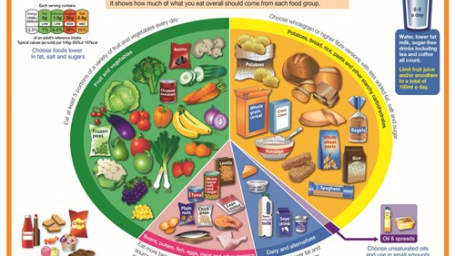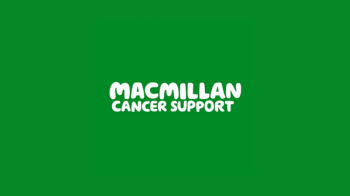Nutrition
Under this section, you can find out more information around how a dietitian can help with Nutrition and about Dietetic clinics
How can a dietitian help me?
Dietitians are ‘qualified and regulated health professionals that assess, diagnose, and treat dietary and nutritional problems at an individual and wider public health level’.
‘Dietitian’ is a protected title and they are the only legally recognised health professionals who advise on nutrition and dietary intake.
Dietitians translate nutritional science into understandable and practical information tailored to each patient.
We provide personalised and tailored advice for patients with and after a cancer diagnosis which might include
- Concerns about weight loss.
- Issues with your gastrointestinal system e.g. bowel habits.
- Eating well for the future.
Dietetic clinics
Dietetic clinics are run throughout the week to support individuals with nutritional concerns following a cancer diagnosis. This service offers the opportunity for people to self-refer, or to be referred by a professional for 1:1 nutritional advice from a HCPC registered Oncology (Cancer) Specialist Dietitian.
Referrals are accepted at any time following a cancer diagnosis, however, if we are unable to support your nutritional needs, in some cases, your GP may be able to direct you to another dietetic service in your area.
At present, we are able to support individuals with the following nutritional concerns:
- Coping with a poor appetite, or unintentional weight loss.
- Urgent nutritional support for cancer/treatment-related side-effects.
- Altered texture diets due to swallowing difficulty.
- Making dietary changes as a result of cancers affecting the digestive tract.
- Managing weight following completion of cancer treatment – acceptance criteria will apply.
- Eating well to support your health in the future.
We are not currently excepting patients with a diagnosis of upper gastrointestinal malignancy. Please contact your GP for referral to a local dietetic service.
A variety of support options are available including; face-to-face appointments (if safe and appropriate to do so), video calls, and telephone support. Self-referral forms are available from the NGS Macmillan Wellbeing Centre or the self-referral is available online.

Macmillan Specialist Dietitian
Abi Nickless
I am a Macmillan Cancer Specialist Dietitian, providing a dietetic service to patients with a diagnosis of cancer. I work as part of the Proactive Project: Personalised Prehabilitation and Rehabilitation for people affected by Cancer. The Proactive Project is a team of allied health professionals, technicians and administrative support.
Eating Well

Healthier diets could help prevent up to one-third of cancers (30%) in the UK. A lot of research is being done into which types of food may affect your risk of developing cancer. Find out more information on the Macmillan Healthy eating and cancer page.
Exercise
A daily brisk walk can give your body a boost, lift your mood and make everyday activities easier. Try the NHS tools, tips and special offers to move more every day.
Penny Brohn Provides a range of resources. Ranging from exercise guides and lists of local charities to cookery demonstrations and relaxations.




